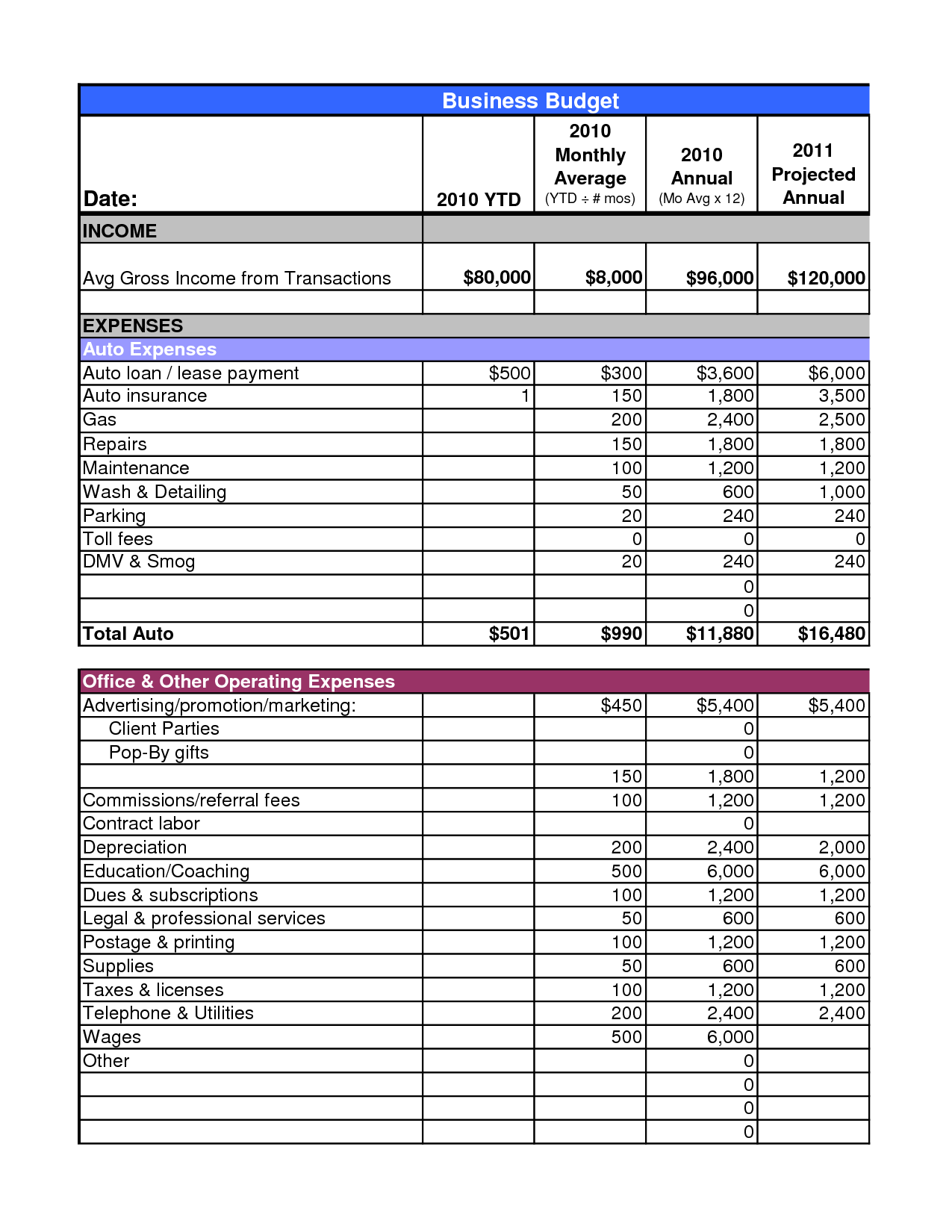Where to Sign as POA on Arizona Paperwork
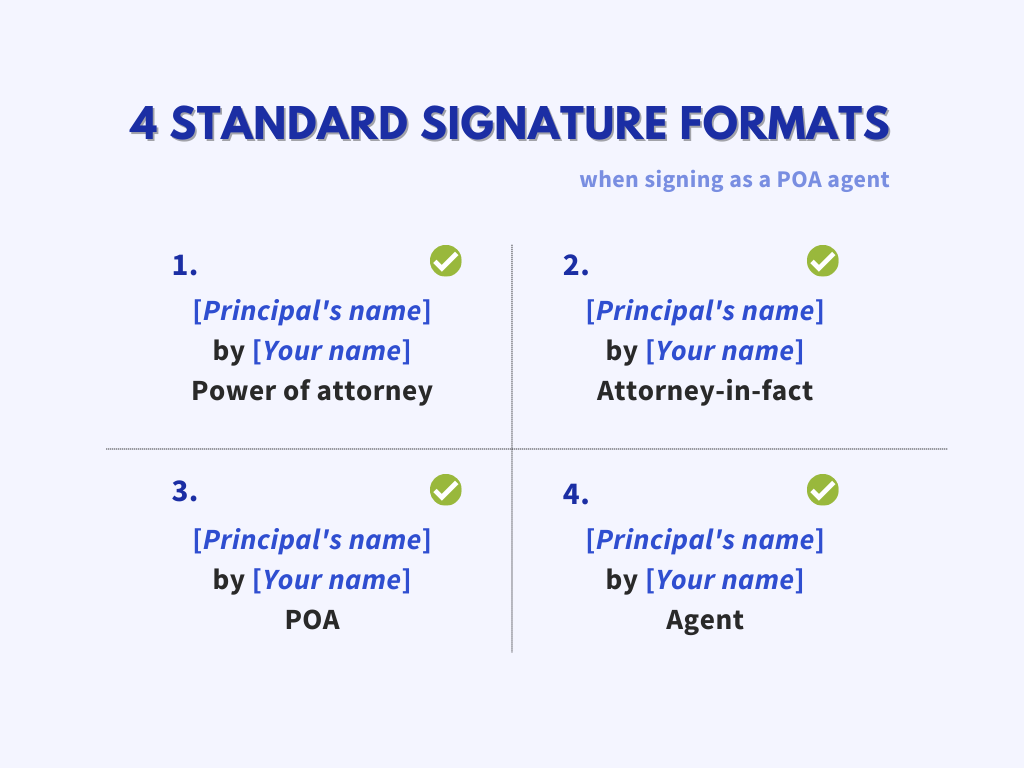
If you've been designated as a Power of Attorney (POA) in Arizona, one of the first things you'll need to know is where and how to sign legal documents on behalf of another person. The state of Arizona has specific requirements for POA documents to ensure they are legally binding and prevent any misinterpretation or misuse. Here's a detailed guide on how and where to sign as POA in Arizona, including the steps involved, essential considerations, and helpful tips to make the process seamless.
Understanding Your Role as a POA
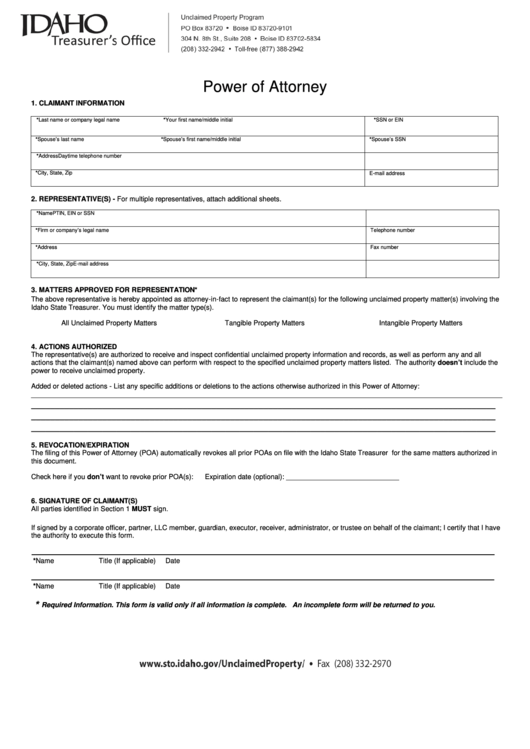
Before delving into the mechanics of signing, it’s essential to understand your role:
- Agent or Attorney-in-Fact: You are acting as an agent or attorney-in-fact for the principal (the person who grants you POA).
- Authority: The power you have is only as broad as what is detailed in the POA document.
- Responsibility: You must act in the best interest of the principal, adhering to their wishes and legal obligations.
What Documents Can You Sign?
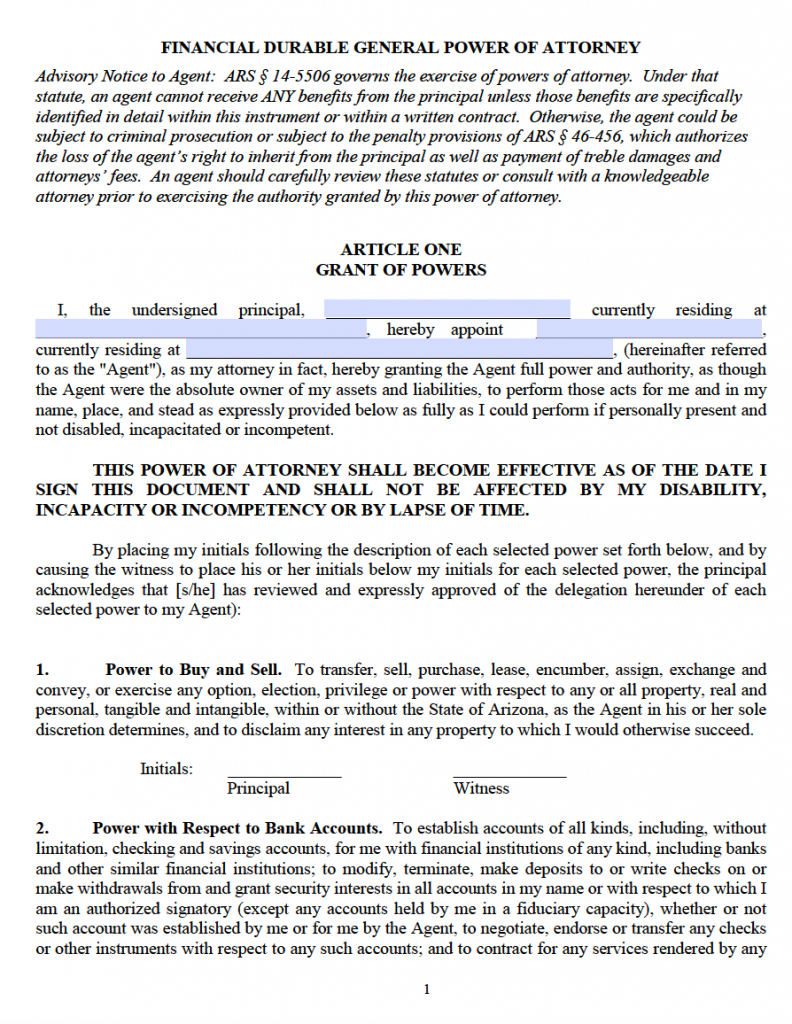
A POA in Arizona can grant you the authority to sign various types of documents:
- Financial Documents: Bank statements, investment account transactions, tax returns, etc.
- Healthcare Decisions: Medical consent forms, decisions regarding treatment or end-of-life care.
- Legal Documents: Property deeds, court papers, or estate matters.
- Personal Affairs: Voting on behalf of the principal, managing government benefits, etc.
Where to Sign as POA on Arizona Paperwork
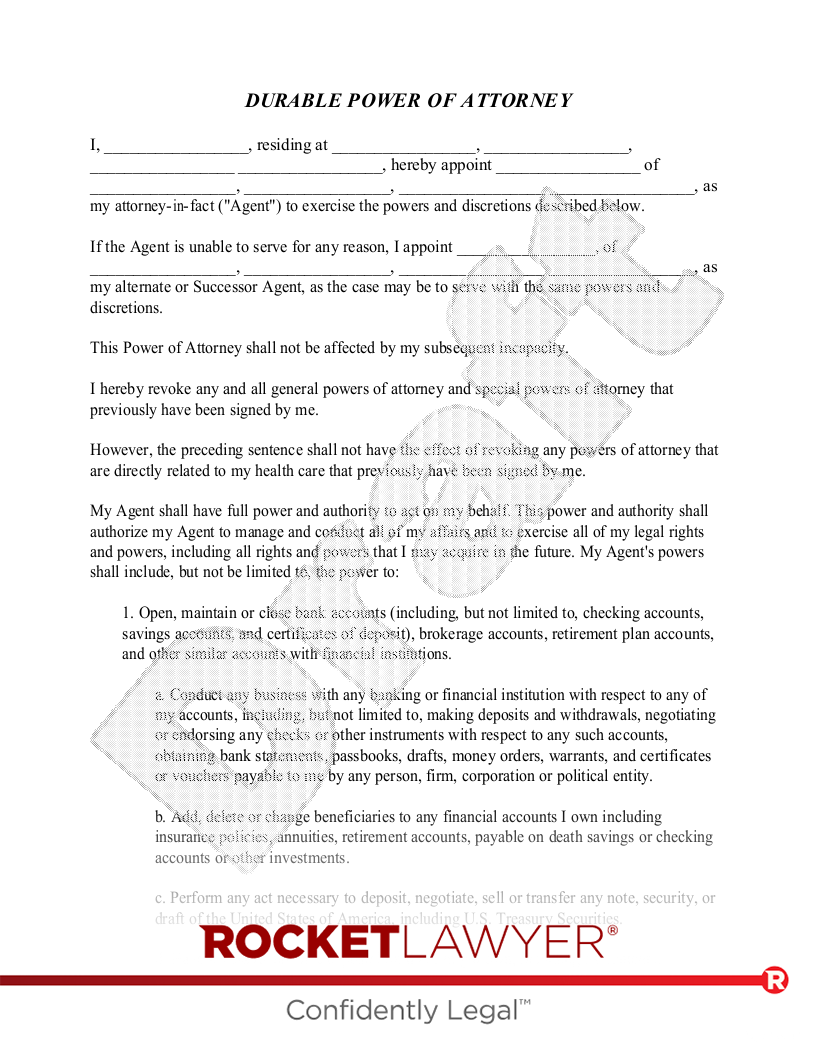
Financial Documents
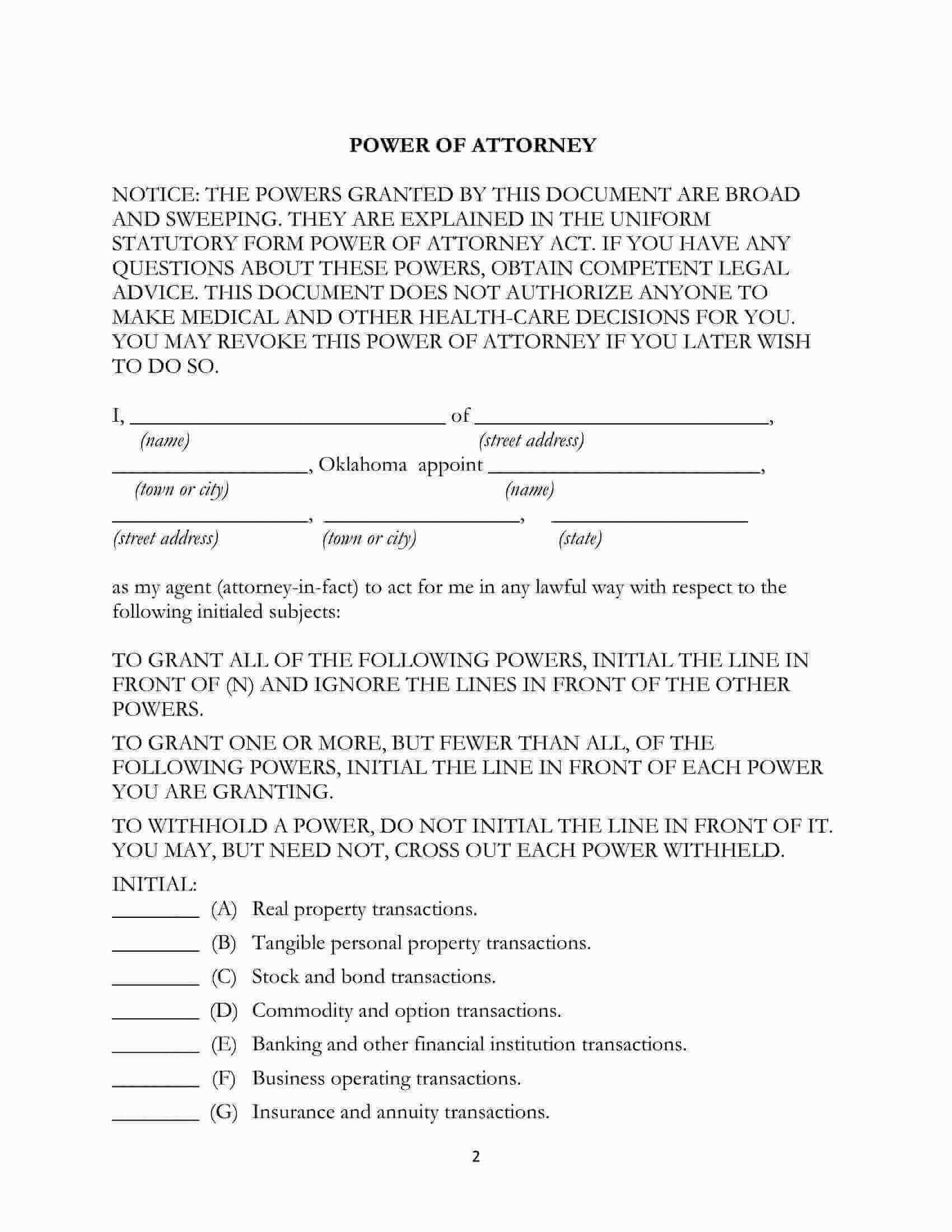
When signing financial documents:
- Sign your name exactly as it appears on the POA document.
- Add the phrase “as agent for [Principal’s Name]” after your signature.
- If the financial institution has specific forms, they might provide guidance on where to sign.
Healthcare Documents

For healthcare decisions:
- Healthcare providers often require a copy of your POA document to be kept in the principal’s medical records.
- Sign as “POA for Healthcare” or similar notation.
- Always provide a copy of the POA document along with your signature.
Legal Documents
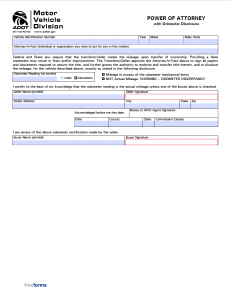
Legal matters require:
- A notary public to witness your signature in some cases.
- Legal documents typically have a space for the agent’s signature, often labeled as “attorney-in-fact.”
Key Considerations
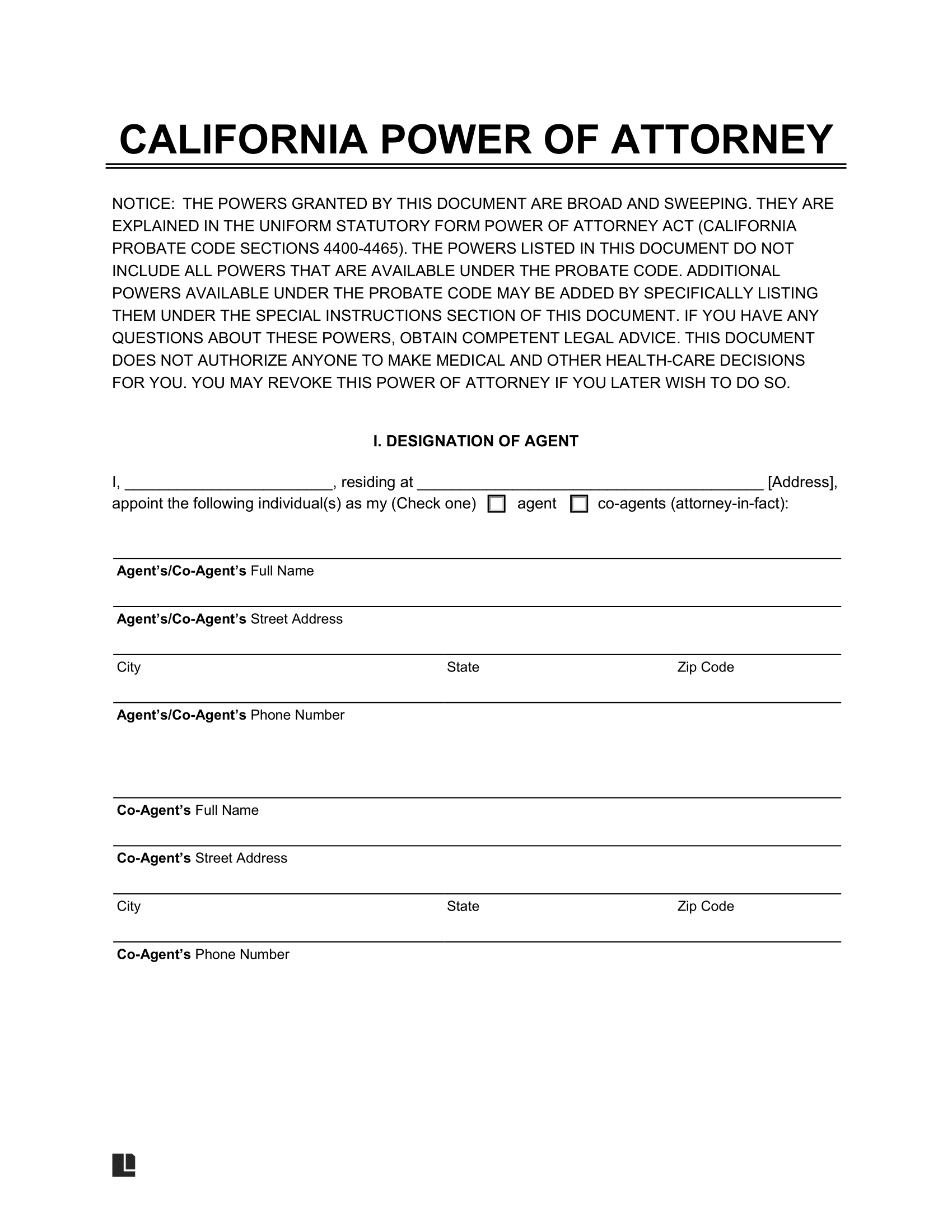
Signature and Authority Notation
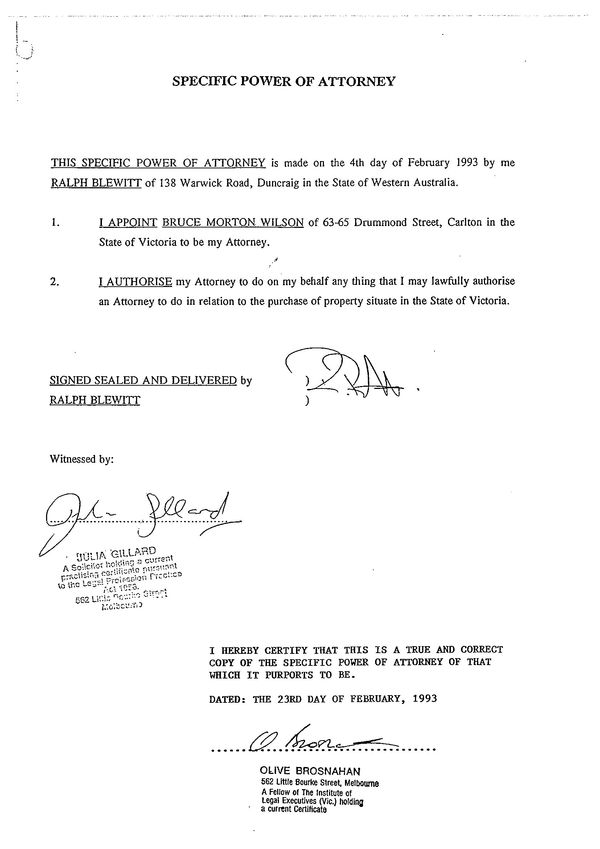
Here’s how you should sign:
- Signature Line: Your signature should appear exactly as it does in the POA document. E.g., “John Doe, as agent for Jane Smith.”
- Authority Notation: Indicate your authority by adding a phrase like “POA for [Principal’s Name]” or “as Attorney-in-Fact for [Principal’s Name]. “
Notarization and Witnesses
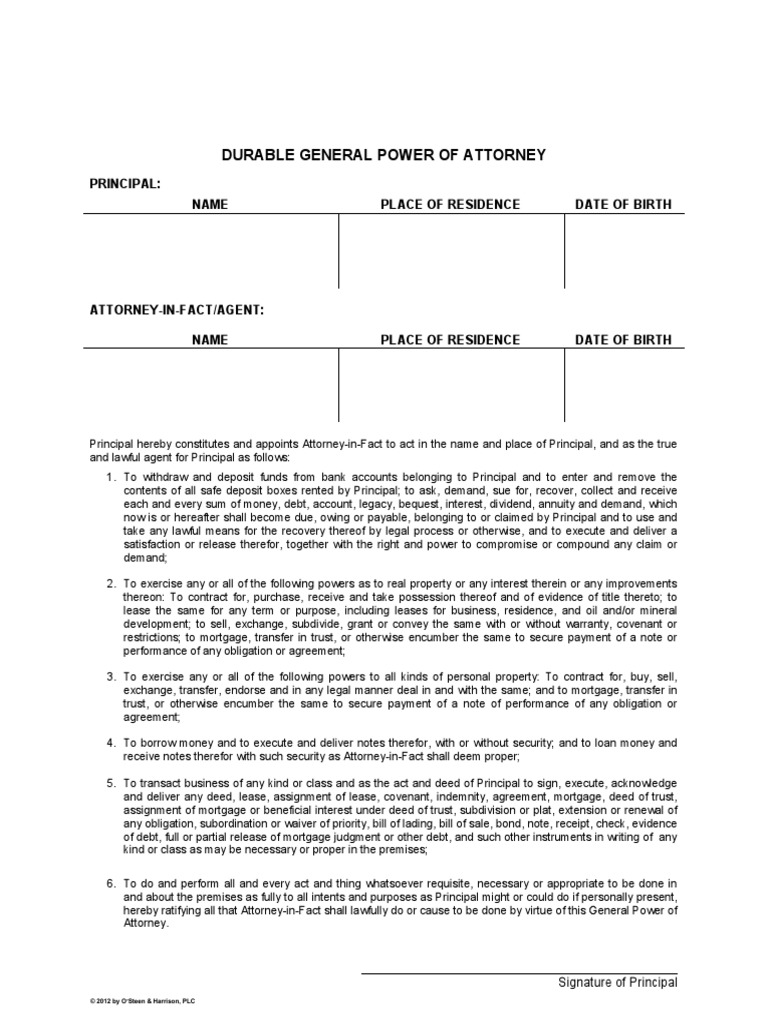
Some documents require notarization or witnesses:
- If your signature needs to be notarized, ensure you bring the original POA document or a certified copy.
- Witnesses, if required, should not be named in the document, related to the principal, or have any interest in the transaction.
Institutional Requirements
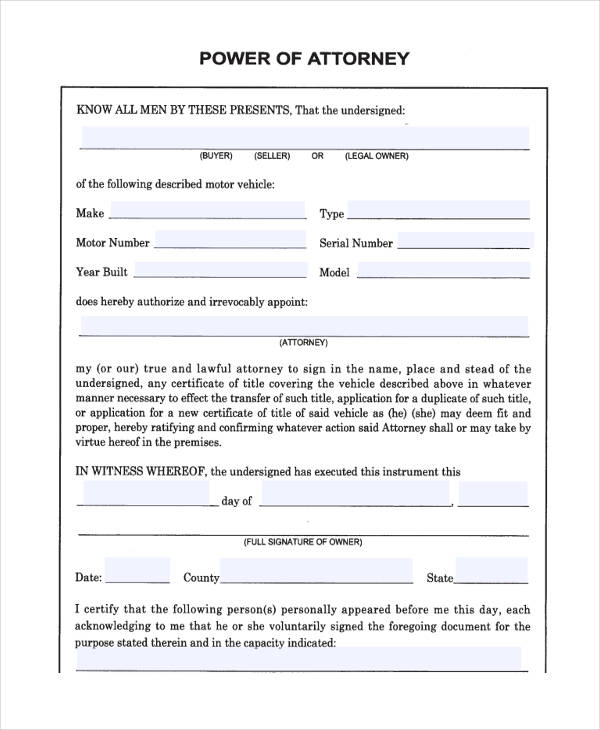
Institutions might have their own requirements:
- Banks might need a specific form or a signature card to add you to an account.
- Healthcare facilities might have a separate process for verifying your authority.
Additional Tips for a Smooth Process
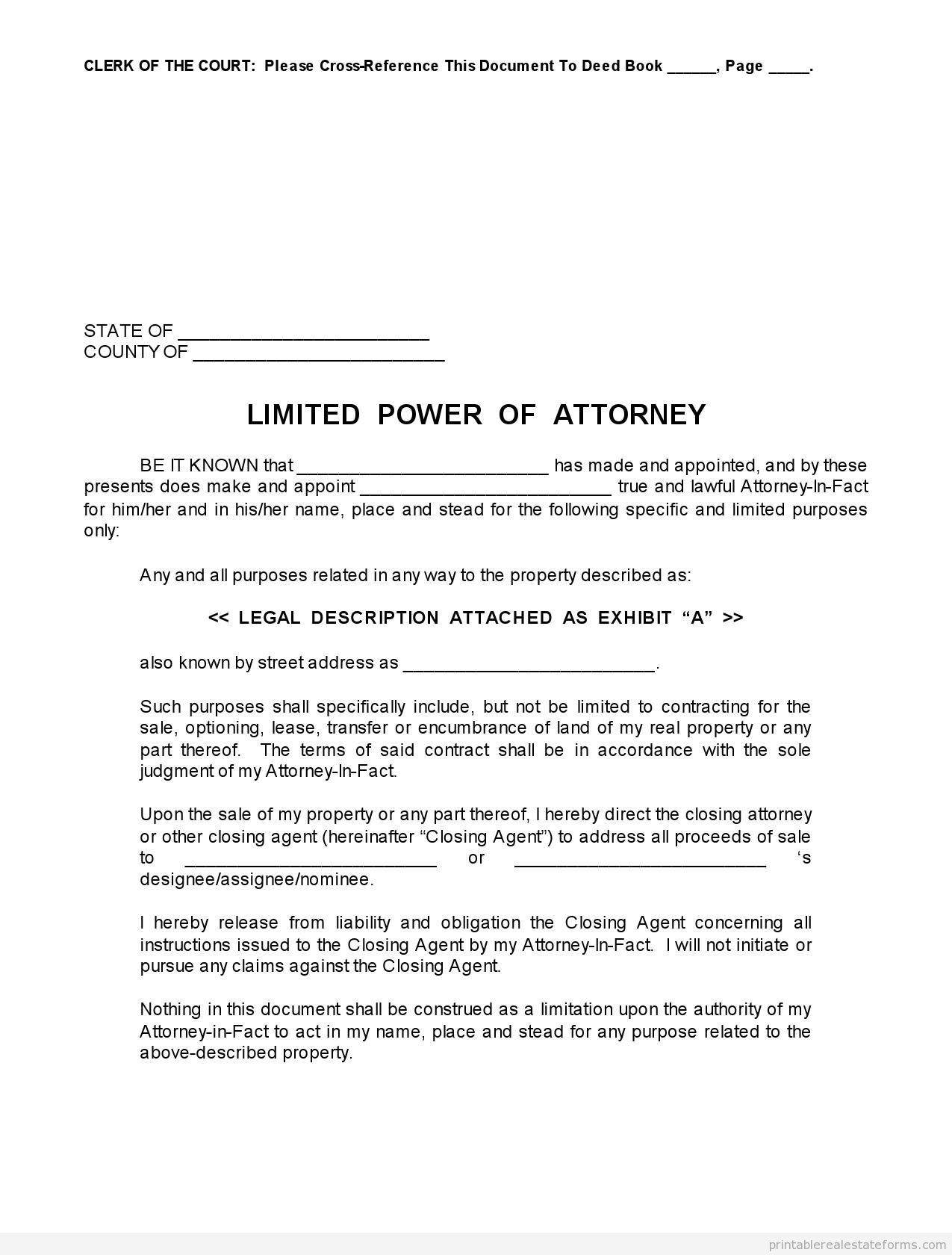
- Keep Copies: Always have copies of the POA document for institutions, healthcare providers, or legal matters.
- Stay Informed: Understand the POA document’s scope to avoid overstepping your authority.
- Communication: Keep open lines of communication with the principal to ensure their decisions are being carried out accurately.
- Record Keeping: Maintain detailed records of all transactions, decisions, and actions taken under the POA.
🎗️ Note: Ensure the principal's mental capacity is verified if there are any doubts about their ability to grant authority, as this can invalidate the POA.
🔑 Note: If the POA document is not comprehensive or is specific in scope, consult with legal counsel for guidance.
To recap, signing as a POA in Arizona involves understanding your authority, the correct way to sign documents, and adhering to any legal or institutional requirements. Being prepared, maintaining clear communication with the principal, and documenting your actions are crucial to executing your role effectively. This understanding not only protects the principal's interests but also ensures that your actions are legally compliant and supported by the necessary documentation.
What happens if the principal becomes incapacitated after granting a POA?
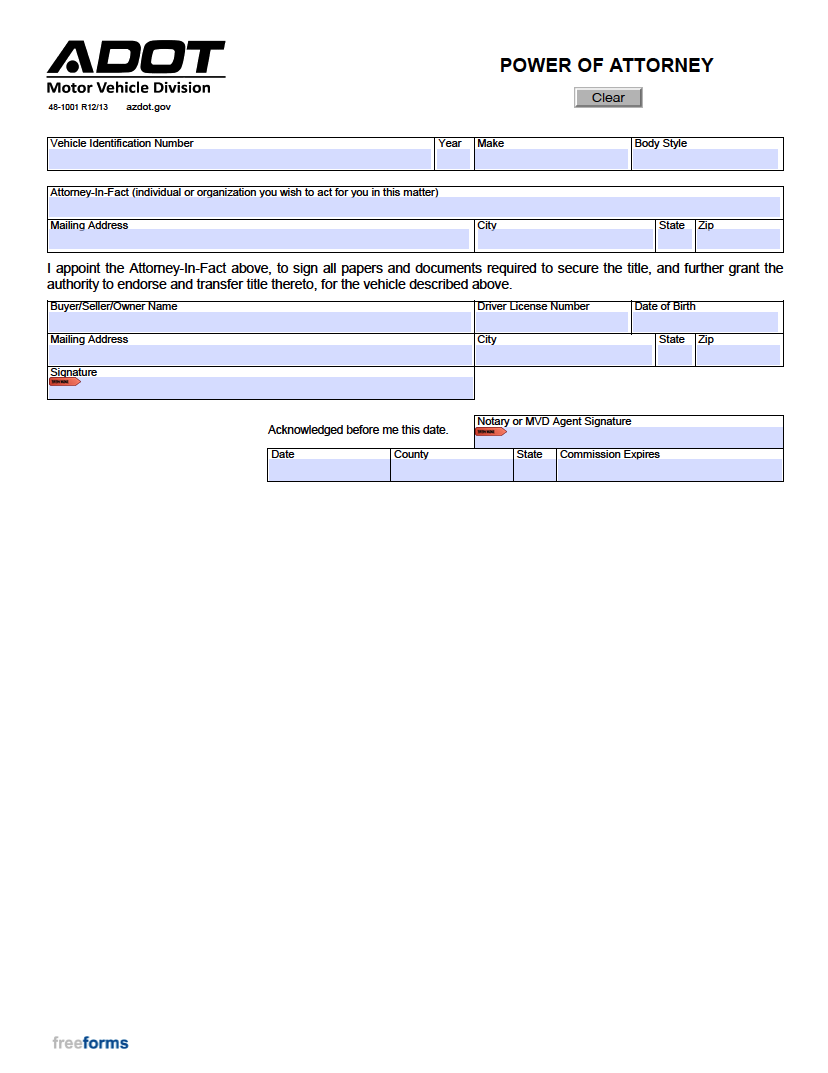
+
In Arizona, if a POA document includes provisions for incapacity, your authority continues as outlined. If not, a guardianship or conservatorship might be necessary.
Can a POA in Arizona be revoked?

+
Yes, a POA can be revoked by the principal at any time, as long as they are of sound mind. The revocation must be in writing, signed, and communicated to affected parties.
How long is a POA valid in Arizona?
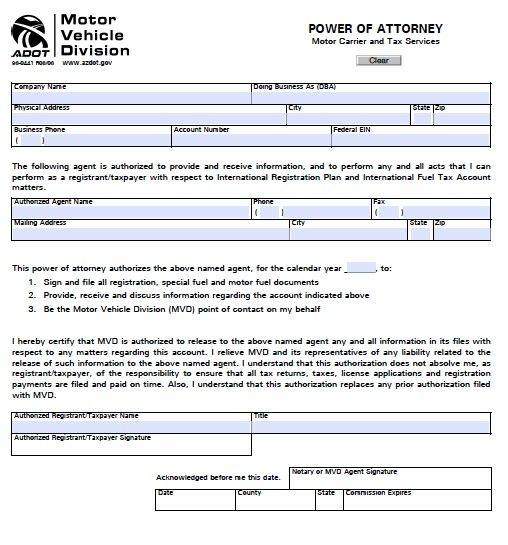
+
A POA’s validity depends on its type and the terms set within it. A durable POA remains valid even if the principal becomes incapacitated, while a general POA terminates when the principal loses capacity.



